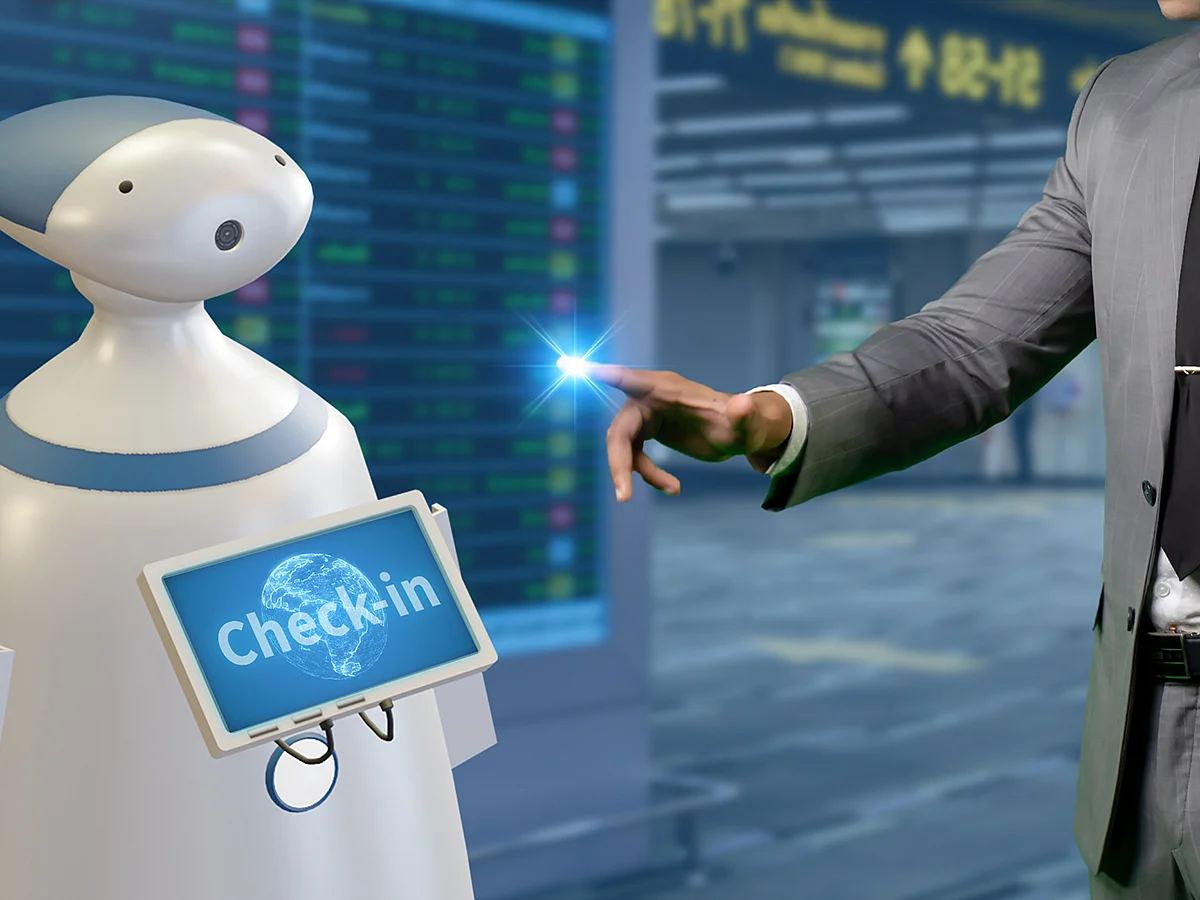How technology is revolutionising UAE hospitality
Challenge in hospitality sector is to balance automation with the human touch

Walk into any of the UAE’s luxury hotels or modern resorts today and you’ll quickly notice a quiet revolution underway. one of algorithms, automation, and AI. In the UAE, hospitality isn’t just about comfort and convenience anymore. Just like so many other sectors it’s become about creating a seamless, tech-enabled experience that begins long before check-in and often extends well beyond checkout. The UAE is one of the most vibrant regions when it comes to surfacing and implementing tech as part of the signature of great experience in the hospitality sector.
Where luxury meets innovation
The UAE’s hospitality industry is undergoing a digital transformation at a pace rarely matched elsewhere in the world. With a tourism sector contributing over AED 180 billion to GDP and ambitions to attract 40 million hotel guests annually by 2031.
Nowhere is this more evident than in Dubai, where hotels are using technology not just to streamline operations but to redefine the guest experience. At Atlantis The Royal, for instance, the concept of luxury is powered by technology: guests can control lighting, temperature, and even room service preferences via voice or mobile app, powered by integrated smart-room systems. The hotel’s AI concierge system tailors services to each guest’s preferences, drawing on data from previous visits to offer suggestions and preempt needs.
From touchpoints to techpoints
COVID-19 accelerated a global shift towards contactless experiences. In the UAE, this shift evolved into something far more ambitious. At Yas Island locations enabled with Yas Island Pass operate via facial recognition eliminating queues at restaurants in places like Yas Water World.
The Emirates Palace Mandarin Oriental uses AI-driven analytics to optimise energy usage across its sprawling grounds, improving sustainability without compromising on comfort. Meanwhile, robots are quietly taking on roles behind the scenes, freeing human staff to focus on higher-value guest interactions.
Hospitality powered by the cloud
One of the most profound shifts is the migration of operations to the cloud. The UAE’s hotels are increasingly adopting cloud-based property management systems (PMS), which offer real-time visibility into everything from housekeeping schedules to guest preferences. This allows for dynamic decision-making and faster service.
Rotana Hotels, headquartered in Abu Dhabi, has implemented an enterprise cloud strategy that integrates all operational systems, from front desk to finance. Their objective being a more agile organization that can scale quickly, adapt to market trends, and personalise services at a granular level. We all recognise that smooth running while you’re travelling exponentially improves experience with the smallest of details being taken care of via technology.
Smart cities, smarter stays
The UAE’s broader ambitions for smart cities are closely entwined with how hospitality is evolving. As Dubai and Abu Dhabi roll out smart infrastructure from 5G networks to IoT-enabled transport, hotels are increasingly plugging into this tech mesh. Guests staying in connected hotels can access real-time travel updates, book city-wide events, and will soon even order a self-driving car from the lobby like we’ve seen examples of in Las Vegas.
Technology also plays a key role in attracting and retaining staff, a major concern in a high-turnover industry. Hilton, for example, has adopted AI-powered recruitment tools in the UAE that analyse candidate videos to match soft skills with roles, significantly improving hiring efficiency and team cohesion.
Sustainability, reimagined
Sustainability is no longer a buzzword but a business imperative. AI-powered demand forecasting helps reduce food waste in hotel restaurants, smart water systems are conserving resources in desert climates. The sum of all these small contributions make a huge difference over months and years. Marriott’s Dubai properties now use machine learning to optimise HVAC systems in real time, cutting energy usage by up to 25%.
Looking ahead
The UAE’s hospitality sector is setting global trends. As Expo City evolves into a permanent hub for innovation, and mega-projects like NEOM (across the border) drive the regional ambition indicative of the Middle East, technology and the belief in frontier tech will continue to be a differentiator between good and exceptional hospitality.
The challenge in a sector like hospitality will be to balance automation with the human touch, it’s also an aspect is experience that is a particularly nuanced task in a region where hospitality is deeply cultural. But if the past few years are anything to go by, the UAE is uniquely positioned to strike that balance, turning hotels not just into places to stay, but experiences to remember.
Chris Redmond is a global Tech Executive who is now an entrepreneur in the media tech space
Network Links
GN StoreDownload our app
© Al Nisr Publishing LLC 2026. All rights reserved.